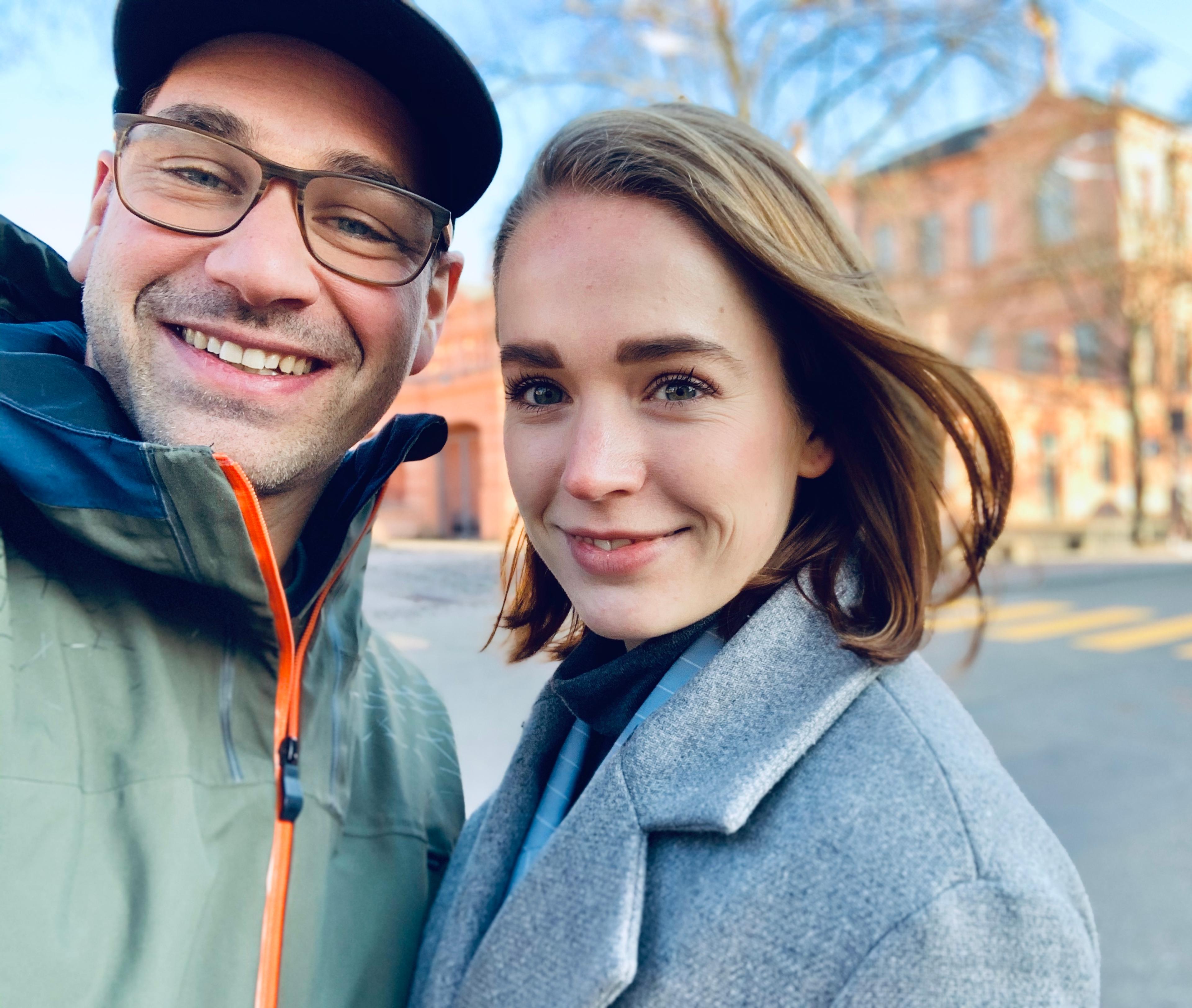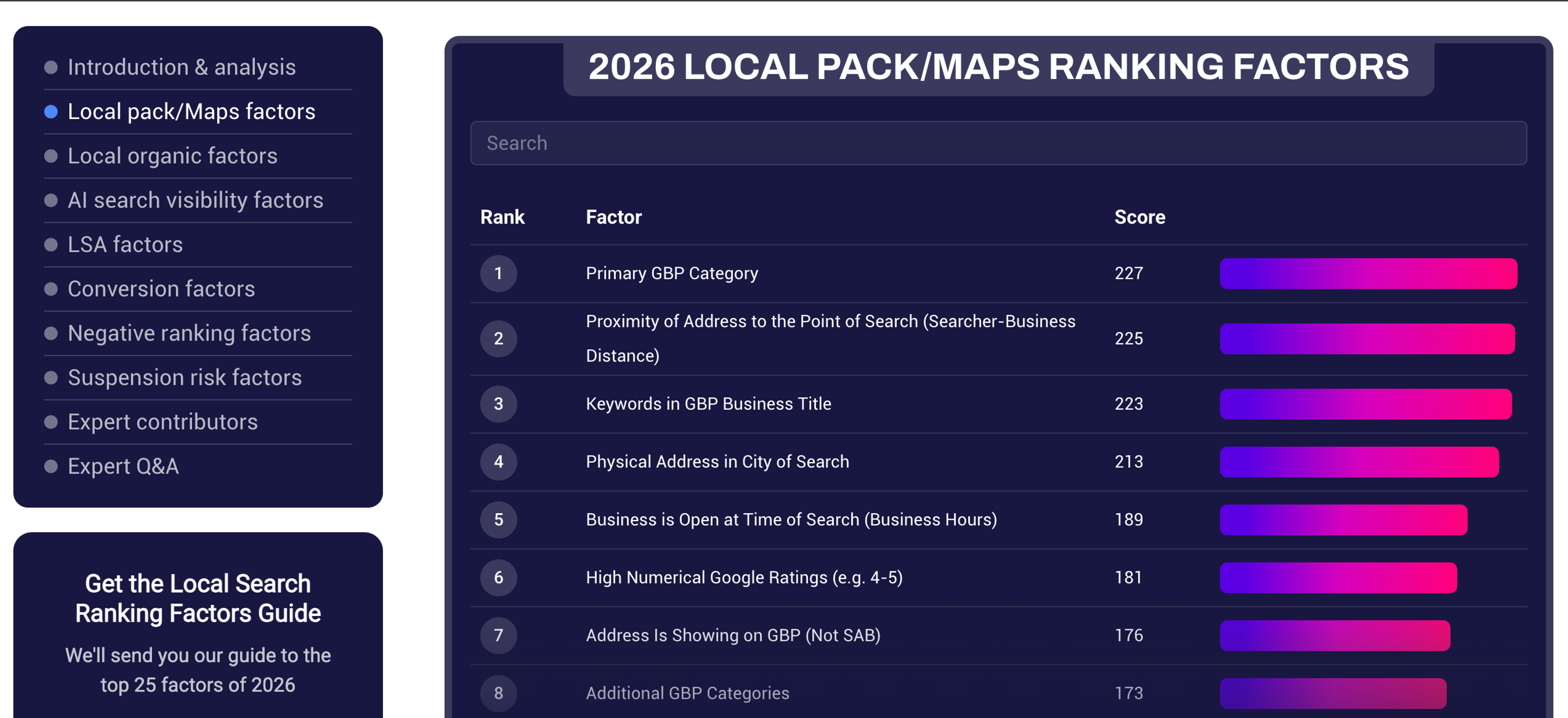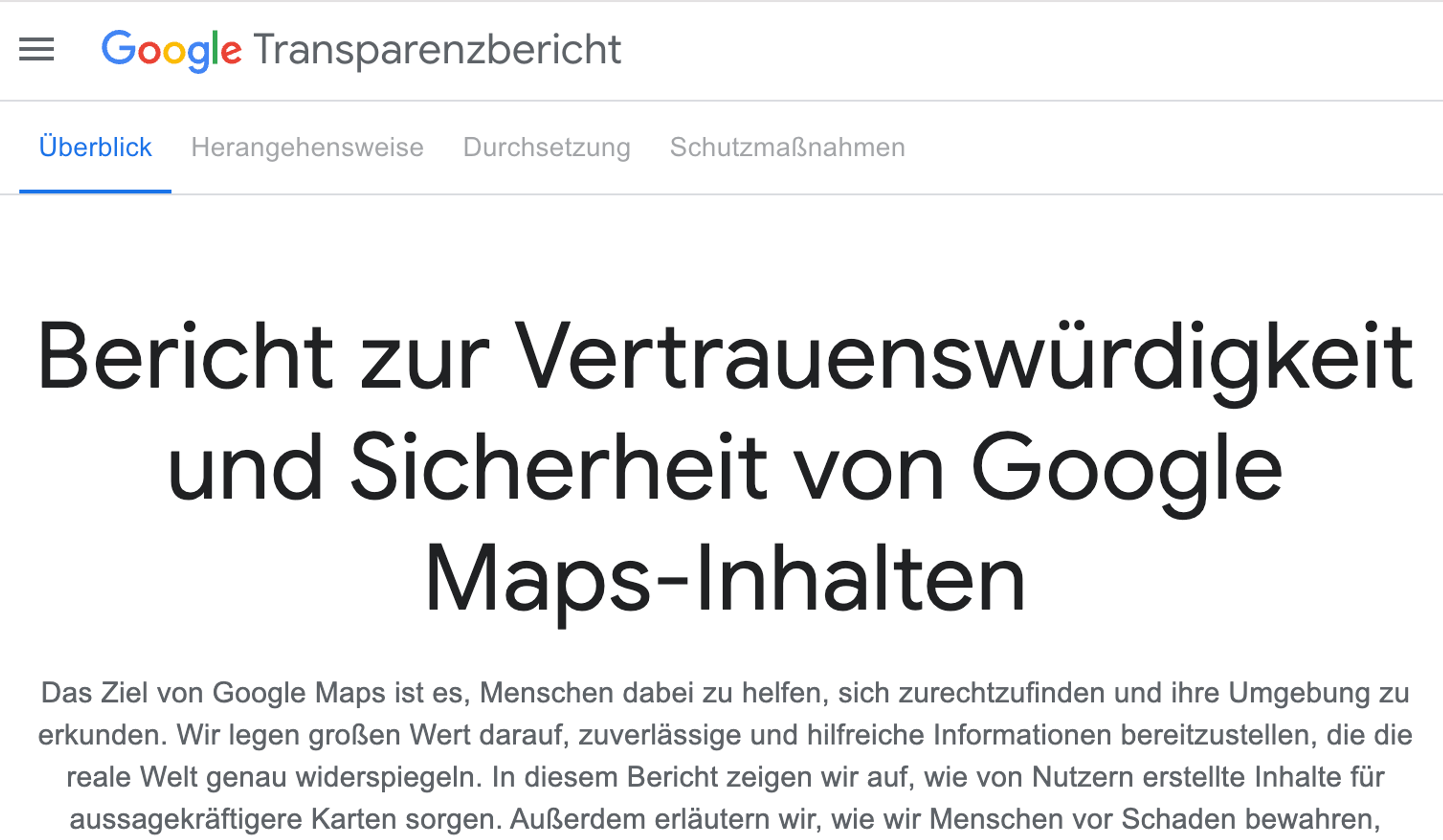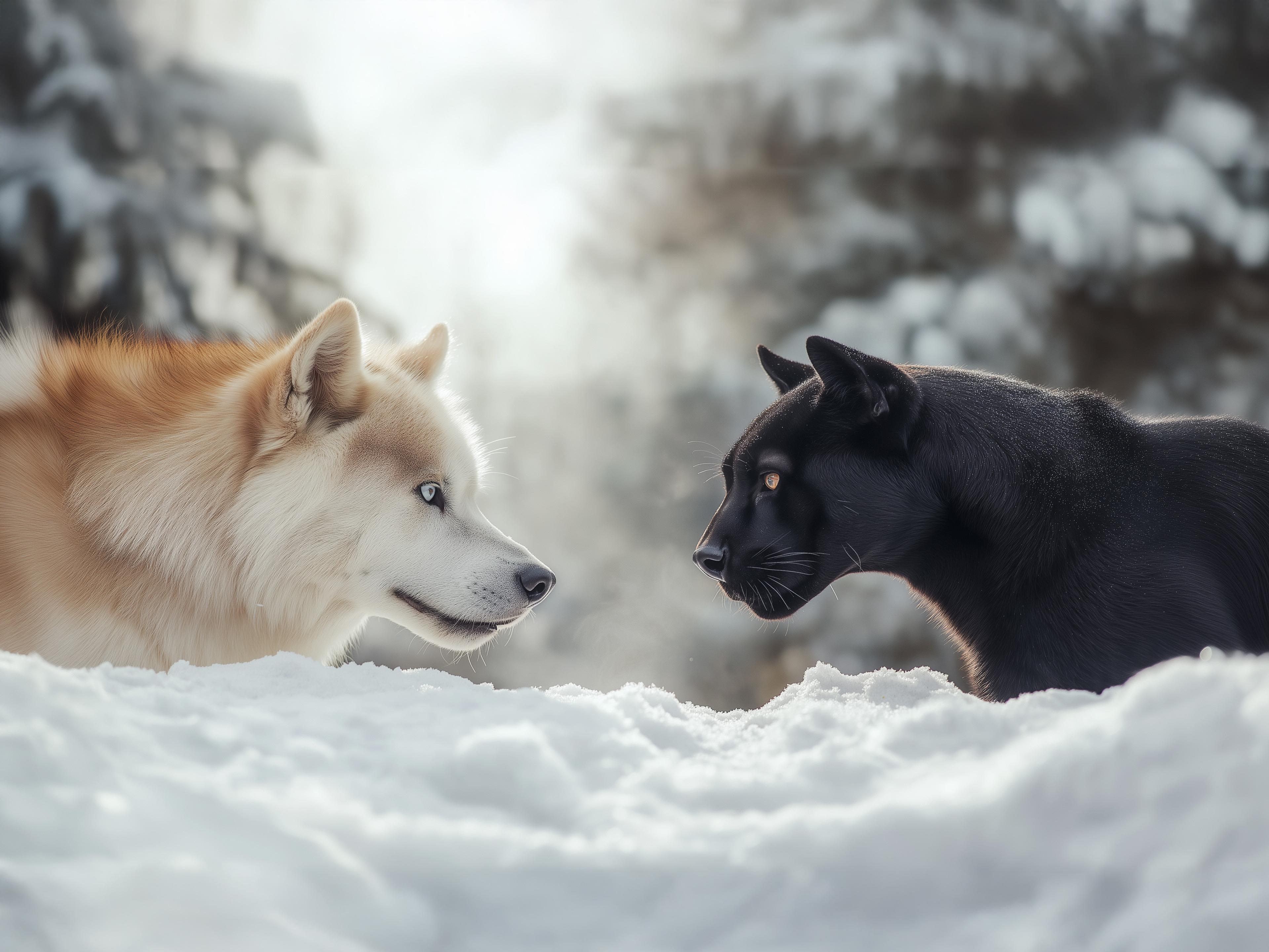Why am I getting advice in Rastatt?
In a conversation with Janina I try to find out how a professional journalist like her works. After we had discussed the general transformation hurdles of conventional newspapers, we first discussed general approaches and later also concrete tips on how I should act in an interview. Even though I had the opportunity to conduct some conversations and surveys in a professional setting, Janina was still able to take away a lot of uncertainty and even arouse curiosity in me.
What went through my mind?
As already mentioned, I felt quite a lot of uncertainty in the last few days about being invited to the World Youth Forum as a representative of the media. Since I was more or less only supposed to document the Pre-Event in Heidelberg, today I have the claim to make the greatest possible contribution to the idea of the World Congress.
Although or probably exactly because I interfered unusually actively for a cameraman at the German getting to know event and actively got participants in front of the camera, I now visit Egypt for the first time in my life. To be a mouthpiece for this young committed and interculturally stable generation was and is a very big concern for me.
How exactly I transport and process information, impressions and opinions was something I wanted to learn from a person who does it professionally on a daily basis. I am aware that I cannot become a full-grown journalist overnight. But I have a basic understanding of the situation and a sense of responsibility based purely on my experience. I was concerned with basic questions and practical tips. Janina and I have known each other for quite a long time, so the interview was associated with great trust and honest directness. Of course, this immediately creates a good basis.
How does a story get its soul?
Every story has its beginning or origin. As rapporteur, I have to make this point in two respects. Where and when do I start an interview or aescherche and where and when does the story I tell begin later?
According to Janina, there are again at least two approaches with one ultimate goal: to be able to carry on a story with a soul.
On the one hand you are allowed to inform yourself beforehand, to get an idea of it. My own opinion was still my biggest pain point up to this question. How much of an influence can this have on the story? The answer has something to do with the soul...
But first there is the second possibility to approach an event or interview partner. You don't know anything about the topic. To get to know something about a person beforehand you should try to do it purely for reasons of respect. But this is not absolutely necessary.
Ask questions?
Asking questions is essential. This is where the power of a later story lies hidden. Anyone who asks questions and thus shows respect, a true interest and esteem to his counterpart, has understood his job as a reporter if he then still manages to process the information received in a descriptive way and disseminate it decently.
Back to the soul: Janina talks about giving a story a soul. That fascinates me. If I have understood her correctly, she is concerned with the human touch in a story, a report, a story created by an interested person. He tells about an exciting person or event like the World Youth Forum and takes different perspectives and angles.
She says it's perfectly legitimate to share one's opinion, thoughts and attitudes during an interview. This creates closeness and trust, is human and even protects against those who may only have to present themselves or make a name for themselves. Of course, the same applies vice versa. Of course, the questioner in particular must exercise great restraint.
Is it legitimate to show emotions in an interview?
Restraint and sensitivity are the buzzwords in this context. It's not just about asking soft and "comfortable" questions. Especially when a person notices that you are really interested in his arguments, because you may even have a different opinion, you may and should even ask very concrete and direct questions. Here, as so often in life, it depends much more on how and in the end on your honesty.
"Sorry, I haven't understood that yet!
Showing emotions is a very important characteristic that I, as a "serious" rapporteur, would not have allowed myself to have immediately. Although, if I am honest, I have laughed behind the camera several times or at least smiled strongly, but also reacted affected. Janina also confirms this to me, and if it comes from the heart, you do not think that it will water down history at all.
Showing emotions is a very important characteristic that I, as a "serious" rapporteur, would not have allowed myself to have immediately. Although, if I am honest, I have laughed behind the camera several times or at least smiled strongly, but also reacted affected. Janina also confirms this to me, and if it comes from the heart, you do not think that it will water down history at all but gives her a soul!
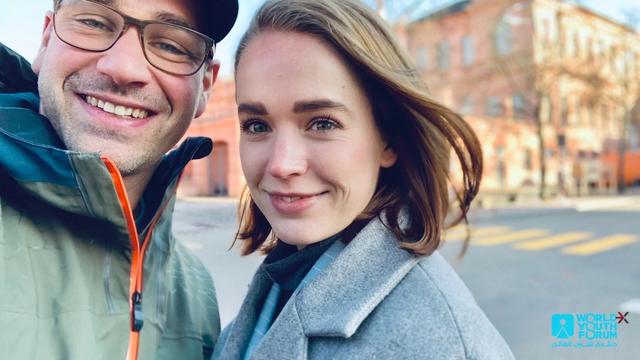
Does a report not have to be neutral?
Here Janina answers decidedly with No, and gives me a valuable tip on the way.
If you play along with emotions as described, this, if you do it right, even enhances the depth of the report. Often one learns more in an intensive conversation than when someone tries to get information in a cool and passionless way.
To create a clear separation for the consumer of a story, especially when serious social or critical issues are at stake. Janina refers to the classic commentary. Here the author is allowed to express his own opinion in a one-sided way, if he wishes. Neutral reporting can then take place in a dedicated section.
How I will handle it here in this blog, I do not know yet exactly. Purely technically a clear demarcation of the evaluation-free contribution to the comment is possible.
Janina gave me the following practical tips, they sound natural:
- Never forget to ask and understand the opposite side
- What is the "truth", generally speaking.
- Before an interview, it must be clear what the interview is for
- Check the Pressecotex
- And always 😃🙏🏼
And one last question remains unanswered:
What is the impact of social media on sensitive issues such as gender equality? A step backwards? Through constant confirmation...
